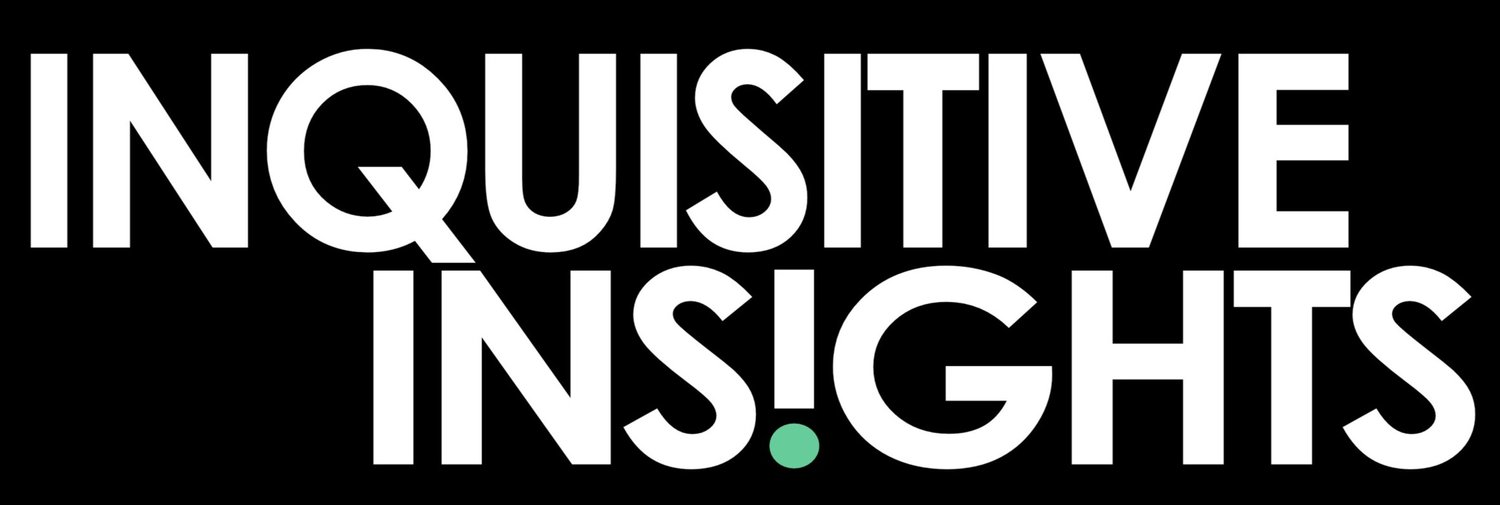Can’t I Just Do My Own Stakeholder Interviews?
Stakeholder interviews are often an early task on a project team’s to-do list… and for good reason. These one-on-one conversations with people who have a vested interest in the project’s success can provide invaluable insights around user needs and business goals, not to mention technical limitations, historical attempts, competitive efforts, potential synergies and strategic dependencies.
And yet, many leaders don’t consider engaging a research partner for their stakeholder interviews. After all, unlike customers or prospects, you know where your stakeholders are. In many cases, you might even have an existing relationship with them.
We often see leaders mistaking stakeholder research as the precursor to the “real” project, which leads them to assume they can handle it internally. The truth is that stakeholder research is foundational to your success and choosing this moment to take a DIY approach could put your entire initiative at risk.
Here are five reasons to use an expert to engage your stakeholders:
You’re Biased. Bias is a natural part of qualitative research and researchers work hard to minimize its effects. Bias can creep in at many phases of the research process – from how the questions are asked to how the results are analyzed. Qualitative data is non-numerical and often nuanced; interpreting the data can be difficult. Without meaning to, you could be influencing the results.
The Credibility of the Work Could Be Questioned. Even if you have done an excellent job of controlling bias, research conducted internally runs the risk of being perceived as skewed or having an agenda. Independent, third-party partners can add a level of confidence to results.
You Might Not Ask the Right Questions. To understand the rationale for a behavior or the root cause of a pain point, you need to get participants to share meaningful responses. A research partner will craft an intentional interview guide based on proven research techniques and have the experience to know where to let the conversation flow freely and when to reign it back.
Your Role Might Work Against You. Ever spilled your guts to a total stranger? There is something freeing about speaking to someone within whom you don’t have an existing relationship. It can be harder to get participants to speak candidly if they are considering how you might use the information outside of the research. Also, if the participant knows that you are familiar with a topic or workplace dynamic, they might just address it with shorthand (“you know what it’s like working with IT”) instead of fully explaining their ideas and opinions.
It Probably Will Take a Lot More Time Than You Expect. Ten 30-minute interviews, that’s five hours…you can find half a day in your schedule somewhere, right? But that doesn’t include all of the surrounding work. To gain meaningful insights from research, you will not only need to spend the time in the field conducting the research, but also time on planning (developing goals, question sets), administrative tasks (scheduling, incentives) and analysis. Short-changing any of these steps could compromise your results.
Research firms offer objectivity, credibility, expertise and can serve as a dedicated resource to take workload off your plate. Partnering with experts who love asking the right questions won’t just lead to better information, it will set you up for more successful results.
